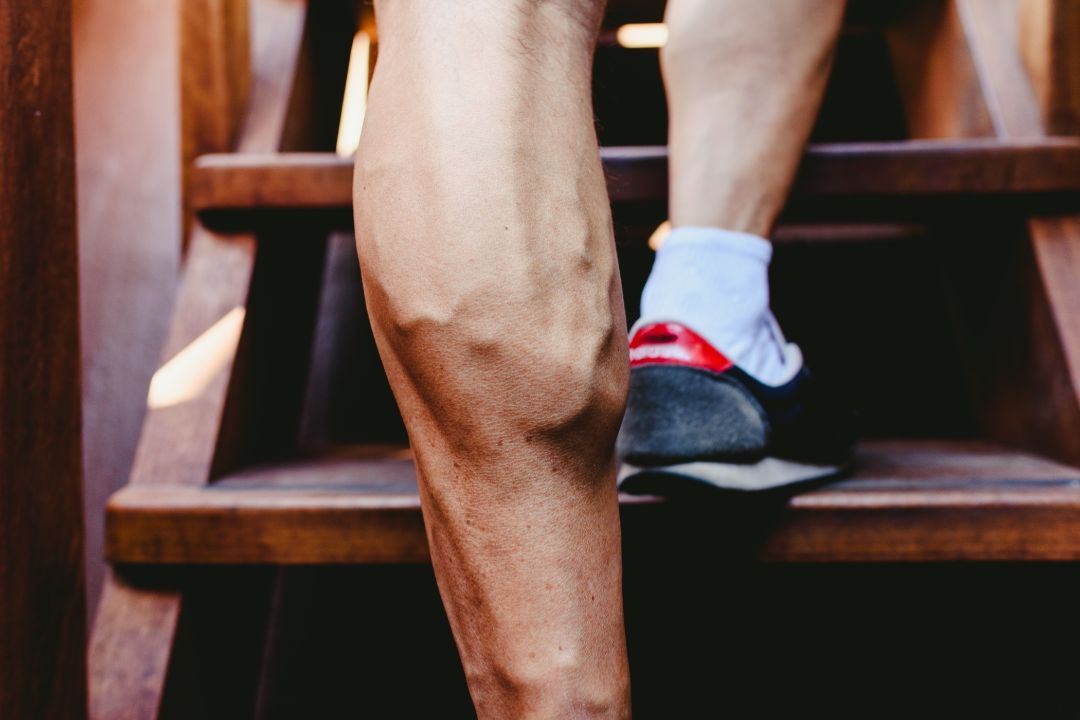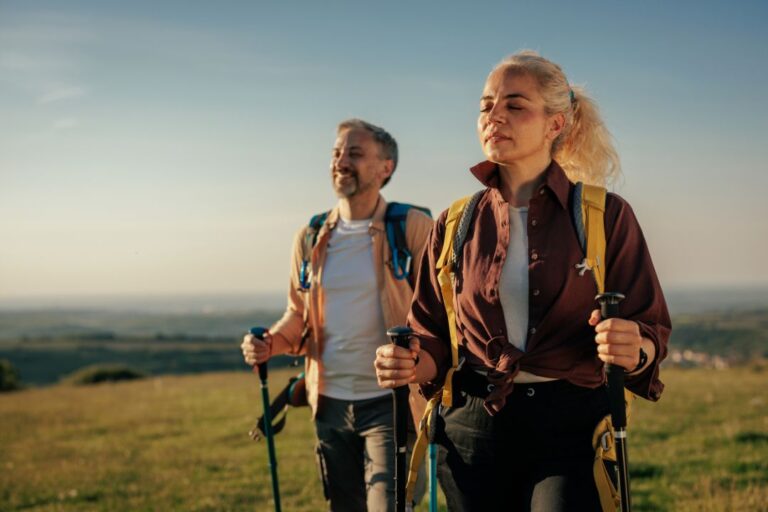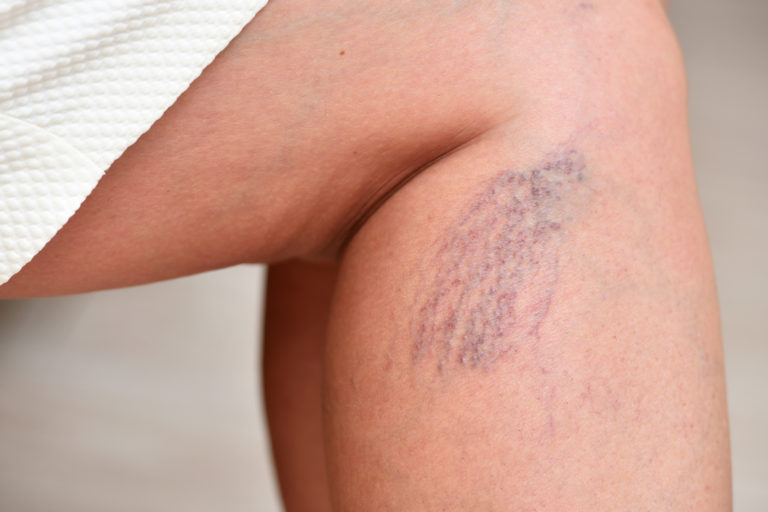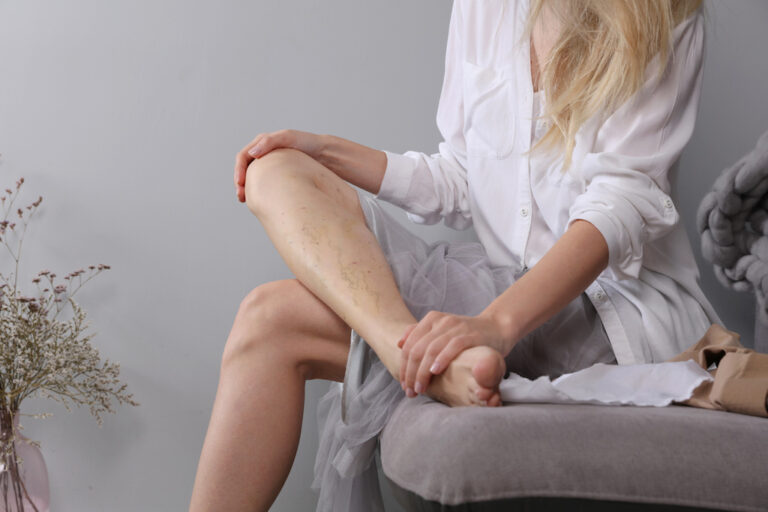Vein Health Myths and Facts: Debunking Common Misconceptions
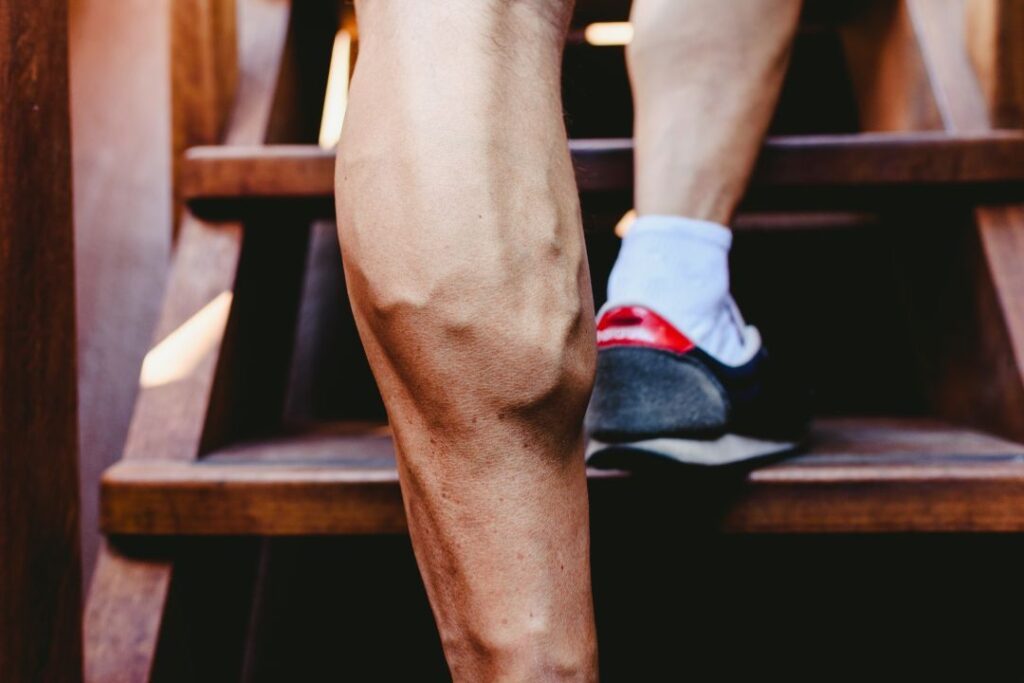
Debunking Vein Health Myths: A Fact-Driven Approach
Introduction: The Importance of Accurate Information in Vein Health
As part of our “24 Days of Vein Health” campaign, we’re addressing “Vein Health Myths and Facts.” This comprehensive guide will explore common misconceptions about vein health and provide evidence-based information to foster a better understanding of vascular wellness.
Common Myths about Vein Health
Introduction
In today’s segment of our “24 Days of Vein Health” campaign, we’re focusing on “Vein Health Myths and Facts.” With an abundance of information available, it’s crucial to separate fact from fiction. This comprehensive guide is dedicated to debunking common myths and providing accurate, evidence-based information about vein health.
Understanding Vein Health
Vein health is an essential aspect of overall wellness, but it’s often surrounded by misconceptions. We’ll explore the truths behind these myths to foster a better understanding and approach to vascular care.
Common Myths about Vein Health
Dispelling myths is key to proper vein care. We’ll tackle several common misconceptions and provide factual insights.
Myth 1: Varicose Veins Are Only a Cosmetic Issue
While they are often seen as a cosmetic concern, varicose veins can signify more serious circulatory problems. They may lead to discomfort, pain, and in severe cases, complications like ulcers or bleeding.
Myth 2: Only Older People Get Varicose Veins
Varicose veins can affect individuals of all ages. Various factors contribute to their development, including genetics, lifestyle, and certain life stages like pregnancy, not just aging.
The Truth about Vein Health and Lifestyle
Lifestyle plays a significant role in vein health. We’ll debunk some common myths in this area.
Myth 3: Exercise Worsens Varicose Veins
Contrary to this belief, regular, low-impact exercise improves circulation and vein health. Walking, swimming, and cycling are particularly beneficial for maintaining healthy veins.
Myth 4: Crossing Your Legs Causes Varicose Veins
This widespread myth lacks scientific backing. While crossing your legs might temporarily restrict blood flow, it doesn’t cause varicose veins. Factors like genetics and prolonged standing or sitting have a more substantial impact on vein health.
Medical Treatments and Vein Health
Understanding available treatments and their effectiveness is crucial for those dealing with vein issues.
Myth 5: Surgery Is the Only Treatment for Varicose Veins
There are numerous non-surgical treatments available today. Sclerotherapy, laser therapy, and radiofrequency ablation, along with lifestyle modifications, can effectively manage and treat varicose veins.
Nutrition and Vein Health
Diet plays a significant role in maintaining healthy veins, contrary to some misconceptions.
Myth 6: Diet Has No Impact on Vein Health
A diet rich in antioxidants, fiber, and proper hydration can greatly support vein health. Foods like berries, leafy greens, nuts, and whole grains are beneficial for maintaining strong and flexible veins.
Preventive Measures for Healthy Veins
Prevention is often more effective than treatment. We’ll address some myths about preventing vein issues.
Myth 7: There’s Nothing You Can Do to Prevent Varicose Veins
While genetics play a role, lifestyle choices are crucial in preventing varicose veins. Regular exercise, maintaining a healthy weight, and avoiding prolonged periods of inactivity can help mitigate the risk.
Dealing with Vein Health Issues in Children and Adults
Vein health concerns can start early in life. We’ll discuss how to address and prevent these issues in both children and adults, emphasizing the importance of early intervention and lifestyle choices.
Conclusion: A Fact-Based Approach to Vein Health
Understanding the facts about vein health empowers individuals to take proper care of their veins. This guide aims to provide reliable information to help you make informed decisions about your vein health and overall wellness.
FAQs
- Is it true that hot baths can worsen varicose veins? Hot baths can cause veins to dilate, potentially worsening the symptoms of varicose veins. It’s advisable to opt for warmer or cooler water temperatures.
- Can wearing high heels cause varicose veins? While high heels are not a direct cause of varicose veins, they can contribute to poor circulation in the legs. Wearing them less frequently and choosing comfortable, supportive footwear can help maintain good vein health.
- Does a sedentary lifestyle affect children’s vein health? A sedentary lifestyle can impact vein health at any age, including in children. Encouraging regular physical activity is important for healthy vein development in kids.
- Can varicose veins lead to deep vein thrombosis (DVT)? While varicose veins and DVT are different conditions, having varicose veins can slightly increase the risk of developing DVT. It’s important to monitor vein health and consult with a healthcare professional if there are concerns.
- Are there any natural remedies for varicose veins? While natural remedies like horse chestnut extract and grape seed extract may provide some relief, they are not a substitute for medical treatment. It’s important to consult with a healthcare professional for effective management of varicose veins.

